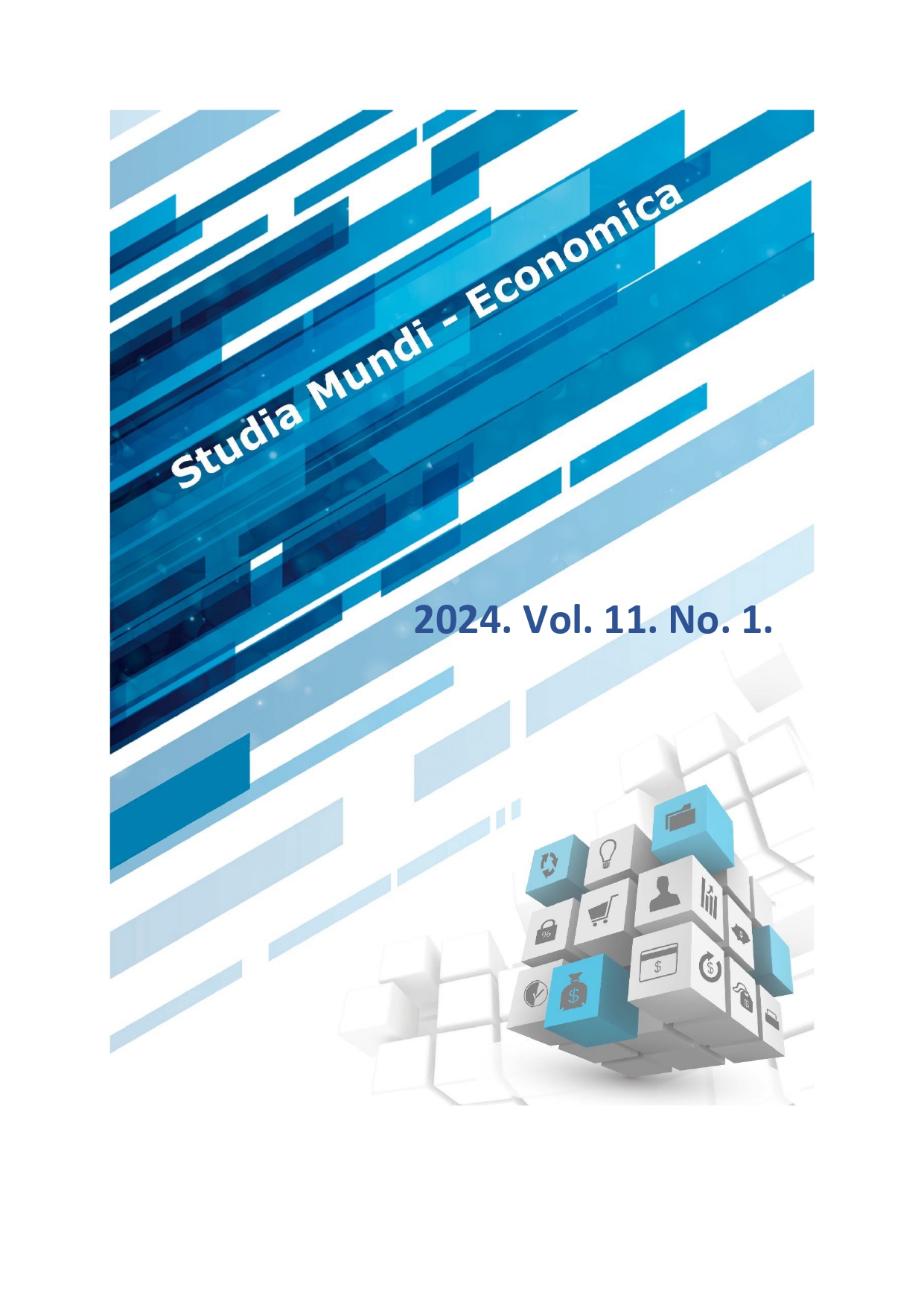Changing paradigms in Human Resource Management
DOI:
https://doi.org/10.18531/sme.vol.11.no.1.pp.31-42Schlagwörter:
Sustainable Human Resource Management, Technological Evolution in HRM, Diversity and Inclusion InitiativesAbstract
This paper explores the changing paradigms in Human Resource Management (HRM) and current trends within the context of South Africa. The evolution of HRM globally is discussed, emphasizing the shift from administrative tasks to a strategic partnership approach. Sustainable HRM, integrating environmental, social, and economic considerations, is also examined as a central paradigm, exemplified by case studies of organizations like Anglo American and Nedbank in South Africa. The paper also goes into the impact of technological advancements on HRM, emphasizing the adoption of HR technologies and big data analytics in South African organizations. Additionally, diversity and inclusion initiatives are discussed in the context of South Africa's historical context, with case studies from Woolworths and Eskom. The importance of understanding HRM paradigms in South Africa is highlighted, considering the connection with global trends and the country's challenges. The synthesis of global trends and local realities in South African HRM sets the stage for continued research and emphasizes the importance of adaptability and innovation.
Literaturhinweise
Acquah, I. S. K., Agyabeng-Mensah, Y., & Afum, E. (2020). Examining the link among green human resource management practices, green supply chain management practices and performance. Benchmarking: An International Journal, 28(1), 267–290.
Amrutha, V. N., & Geetha, S. N. (2020). A systematic review on green human resource management: Implications for social sustainability. Journal of Cleaner production, 247, 119131.
Anwar, G., & Abdullah, N. N. (2021). The impact of Human resource management practice on Organizational performance. International journal of Engineering, Business and Management (IJEBM), 5.
Bratton, J., Gold, J., Bratton, A., & Steele, L. (2021). Human resource management. Bloomsbury Publishing.
Cavness, C. (2019). The Need for Diversity and Inclusion in Developing Narratives. Theory and Practice, 2. https://doi.org/10.13133/2037-3643/17486
Crawshaw, J., Davis, A., & Budhwar, P. (2020). Human resource management: Strategic and international perspectives. Human Resource Management, 1–560.
Erskine, S. E., Archibold, E. E., & Bilimoria, D. (2021). Afro-Diasporic women navigating the black ceiling: Individual, relational, and organizational strategies. Business Horizons, 64(1), 37–50.
Lepeley, M. T., Kuschel, K., Beutell, N., Pouw, N., & Eijdenberg, E. L. (Eds.). (2019). The wellbeing of women in entrepreneurship: A global perspective. Routledge.
Macke, J., & Genari, D. (2019). Systematic literature review on sustainable human resource management. Journal of cleaner production, 208, 806–815. https://doi.org/10.1016/j.jclepro.2018.10.091
Malik, A. (Ed.). (2022). Strategic human resource management and employment relations: An international perspective. Springer Nature.
Mokomane, S. E., & Potgieter, I. L. (2020). Implementation of human resource management functions in selected small manufacturing companies in Ga-Rankuwa industrial area, Gauteng, South Africa. SA Journal of Human Resource Management, 18(1), 1–11.
Motala, E., & Pampallis, J. (2020). Educational law and policy in post-apartheid South Africa. In The state, education, and equity in post-apartheid South Africa (pp. 14–31). Routledge.
Scavarda, A., Daú, G., Scavarda, L. F., & Goyannes Gusmão Caiado, R. (2019). An analysis of the corporate social responsibility and the industry 4.0 with focus on the youth generation: A sustainable human resource management framework. Sustainability, 11(18), 5130.
Shet, S. V. (2020). Strategic talent management–contemporary issues in international context. Human Resource Development International, 23(1), 98–102.
Sima, V., Gheorghe, I. G., Subić, J., & Nancu, D. (2020). Influences of the industry 4.0 re-volution on the human capital development and consumer behavior: A systematic review. Sustainability, 12(10), 4035.
Syed, J., & Ozbilgin, M. (2019). Managing diversity and inclusion: An international perspective. Sage.
Tanova, C., & Bayighomog, S. W. (2022). Green human resource management in service industries: the construct, antecedents, consequences, and outlook. The Service Industries Journal, 42(5-6), 412–452. https://doi.org/10.1080/02642069.2022.2045279
Vrontis, D., Christofi, M., Pereira, V., Tarba, S., Makrides, A., & Trichina, E. (2022). Artificial intelligence, robotics, advanced technologies, and human resource management: a systematic review. The International Journal of Human Resource Management, 33(6), 1237–1266.
Wood, G., & Bischoff, C. (2022). Human resource management in Africa: current research and future directions–evidence from South Africa and across the continent. The International Journal of Human Resource Management, 33(3), 444–471.
Yong, J. Y., Yusliza, M. Y., Ramayah, T., Chiappetta Jabbour, C. J., Sehnem, S., & Mani, V. (2020). Pathways towards sustainability in manufacturing organizations: Empirical evidence on the role of green human resource management. Business Strategy and the Environment, 29(1), 212–228. https://doi.org/10.1002/bse.2359
Downloads
Veröffentlicht
Ausgabe
Rubrik
Lizenz
Copyright (c) 2024 Mzuchumile Makalima, Ildikó Rudnák

Dieses Werk steht unter der Lizenz Creative Commons Namensnennung - Nicht-kommerziell - Keine Bearbeitungen 4.0 International.
A folyóirat Open Access (Gold). Cikkeire a Creative Commons 4.0 standard licenc alábbi típusa vonatkozik: CC-BY-NC-ND-4.0. Ennek értelmében a mű szabadon másolható, terjeszthető, bemutatható és előadható, azonban nem használható fel kereskedelmi célokra (NC), továbbá nem módosítható és nem készíthető belőle átdolgozás, származékos mű (ND). A licenc alapján a szerző vagy a jogosult által meghatározott módon fel kell tüntetni a szerző nevét és a szerzői mű címét (BY).






